Diplomacy, no matter how persistent, cannot end Hezbollah’s threat to northern Israel. Even the elimination of Secretary-General Hassan Nasrallah won’t suffice. Only a ground operation will.
Israel significantly intensified its campaign against Hezbollah these past two weeks—including detonating thousands of the group’s telecommunications devices, wiping out its elite military and top political leadership, launching an aerial blitz against 1,600 targets in one day, all in rapid succession. This pain had a purpose. The Israelis had just updated their war aims to include safely returning their displaced citizens to their homes in the north. They could do that only by forcing Hezbollah to decouple potential Lebanon and Gaza ceasefires and retreat from the border.
After Hezbollah began attacking Israel on October 8, American and French diplomats scrambled in vain to restore quiet to the Blue Line border with Lebanon and facilitate the return of displaced Israeli and Lebanese civilians. Israel, fighting in Gaza and inundated with growing international opprobrium, cooperated—although these ceasefire proposals would not have met its long-term security needs. The Lebanese Armed Forces, tasked with enforcing this buffer zone, lack the willingness to restrain Hezbollah—whose fighters, if they withdrew at all, would inevitably trickle back to the border. Israelis returning to their homes would be living in Hezbollah’s shadow—made more ominous by the events of October 7, and by the organization’s own plans for a similar assault.
But Hezbollah stuck to its guns, forcing mediators to eventually accept its position. Had the Israelis likewise acquiesced, they would have granted Hezbollah not only the chance to regenerate and enhance their capabilities for a future confrontation, but also the ability to claim an unprecedented victory through which to justify to its base the suffering of the past year and thus retain their support. The predictable narrative would go something like this: In May 2000, we expelled the Zionists from south Lebanon. This time, we expelled them from "Occupied Palestine" itself, and they were able to return to their homes only with our permission. So, stay the course, our method is working and the liberation of Palestine from the river to the sea is not only possible, it’s imminent.
But the stall of Gaza ceasefire talks removed even that bad option to halt Hezbollah’s fire—and matters seemed fated to settle into interminable mutual attrition, especially as the United States had already disallowed an Israeli ground maneuver inside Lebanon. Assessing the situation, Nasrallah told his followers on August 6, “Today, airlines stop flying to Beirut and Tel Aviv, foreigners leave Lebanon and the Entity, the villagers in the south’s frontlines and the colonizers in northern Palestine are forced to evacuate, our houses are destroyed but so are theirs, our factories burn but so do theirs, our people fearful but so are theirs.” This dynamic was still allowing Israel to hurt Hezbollah. But the damage was minimal—and the group believed that, between Washington restraining the Israelis and Israel’s fear of the destructiveness of a war with Hezbollah, its threats would keep the Israelis at bay and maintain a parity of pain until a Gaza ceasefire granted it a face-saving off-ramp.
But Hezbollah misread Israel. In fact, the group had been misreading Israel since it decided to enter the war on October 8. Israel’s determination to fight the Gaza war for so long surprised them, trapping Hezbollah in mutual attrition. The group also overestimated American restraint on Israel’s freedom of action or Israeli willingness to undertake escalatory or high-risk actions in Lebanon short of a full war or ground invasion. The Israelis, by contrast, had been trying to accurately gauge Hezbollah and the limits that Lebanon’s economic collapse, in particular, had placed upon the group’s willingness to go to war now.
And Hezbollah ended up tipping its very weak hand on August 25, when it sought to avenge its fallen chief of staff Fuad Shukr, assassinated by Israel a month prior. Israel’s preempted the worst of the attack with airstikes, and its defensive array intercepted most of the 210 missiles and all 20 loitering munitions Hezbollah fired in response. Hezbollah’s propaganda organs, however, immediately claimed success. But that theater could work only on the group’s base. Israel knew Hezbollah was bluffing, had identified the group’s limits, and understood it could cut the Gordian Knot. Within three short weeks, the Israeli Cabinet authorized Prime Minister Benjamin Netanyahu and Defense Minister Yoav Gallant to undertake the “offensive or defensive” measures necessary to force Hezbollah to back down.
But Israel didn’t need to transform its approach—at least not yet—to achieve that goal. Exploiting the stark superiority of its military capabilities over Hezbollah’s, Israel sought to shift the weight of the ongoing attrition heavily to Hezbollah—threading the needle between American opposition to a ground incursion and the group’s lack of appetite for full war. Israel can conduct precise, calibrated, and very painful strikes without provoking a full-scale conflict. Hezbollah’ arsenal, while formidable, limits it to retaliatory options—like large-scale missile strikes on Haifa or Tel Aviv—that carry a high risk of triggering a full war. Since the group doesn’t want that, Israel’s tactical flexibility gave it a commensurate advantage. With an American green light, Israel shifted into proactive attrition, inflicting tremendous costs upon Hezbollah to maintain its “support front” for its allies in the Gaza Strip, while the Israelis remained assured that the constraining factors staying Hezbollah’s hand would keep matters below the threshold of war.
Where this goes from now, however, depends on Hezbollah. Even after being dealt successive significant blows, the group cannot back down from its vow to continue attacking Israel until a Gaza ceasefire. In fact, in his final speech, Nasrallah added halting Israeli operations in the West Bank to the group’s conditions for a ceasefire and challenged “Netanyahu, Gallant, your entire army, government, and Entity … we reiterate our challenge from October 8 today: You will fail to return the residents of the north. … Do what you wish, you will fail” without submitting to Hezbollah’s terms.
Backing down, especially after Nasrallah’s assassination, will make Hezbollah look weak in an unprecedented manner; it would be the first time in the history of the conflict with Israel that the Israelis unambiguously defeated and imposed terms upon the group. This wouldn’t be merely a blow to Hezbollah’s ego. Such an outcome could set in motion a chain reaction that erodes, in time, the group’s popular support, which is based in large part on the belief that Hezbollah is a powerful resistance organization that can always deter, defeat, and impose terms upon Israel. But neither can the group sustain pain at Israel’s hands indefinitely.
For now, Hezbollah is using every possible propaganda trick to frame the mere continuation of its attacks against Israel as a victory while also engaging in a largely symbolic expansion of its strikes’ footprint. Two days before Nasrallah’s assassination, for example, the group launched a single ballistic missile at Tel Aviv, the first such attack on the major Israeli city from Lebanon. The missile was easily intercepted by Israel’s David’s Sling missile defense system—and that seems to have been Hezbollah’s intention. The group could claim success to its base, appear strong and capable, without paying the commensurate price. But the Israelis moved to deny Hezbollah such an option by assassinating its top leaders days later, and as the disparity between Israel’s successes and Hezbollah’s grows and becomes more obvious, the utility of its propaganda will run out.
The organization will then be faced with stark choices, none of them with good outcomes. Hezbollah could continue the current level of its attacks in the hopes that a premature—and as of now, seemingly unlikely—ceasefire is imposed by the international community upon Israel, allowing it to regroup and rebuild. Alternatively, the group could opt to match Israel’s escalation. Hezbollah has yet to unleash its full arsenal, and it’s unclear how much of it remains. Either of these options would have been sufficient to prompt the ongoing Israeli ground incursion—against a severely degraded Hezbollah. In the end, Hezbollah’s insistence on maintaining the tempo of its attacks precipitated that maneuver. Now, with an Israeli invasion underway, Hezbollah still has a final option—to submit willingly or forcefully to Israel’s terms, but in doing so risk signing the warrant of its own gradual demise.
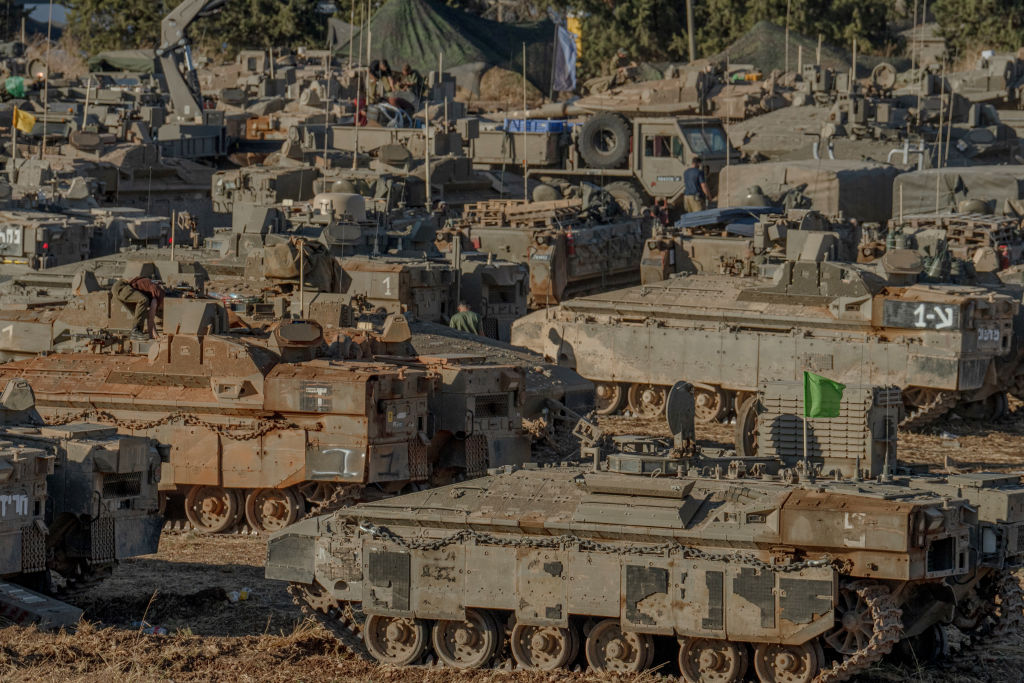
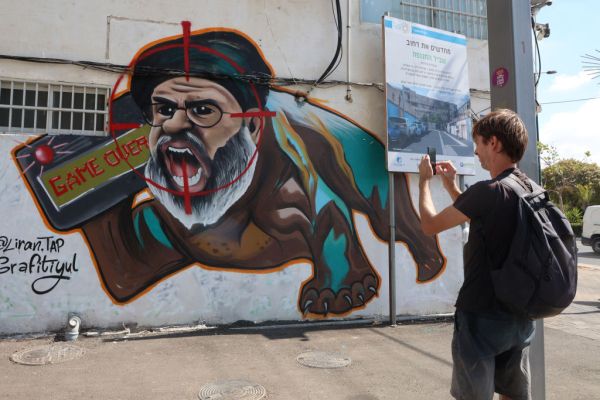
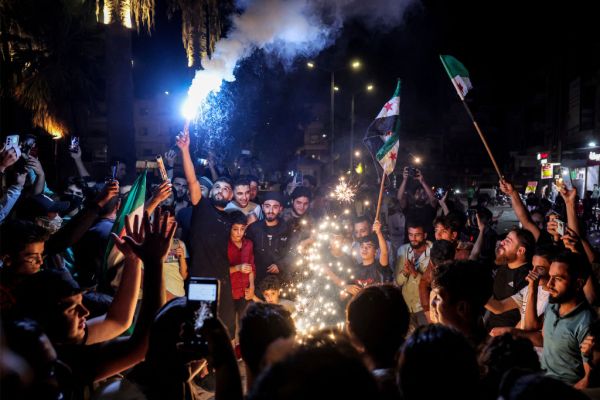
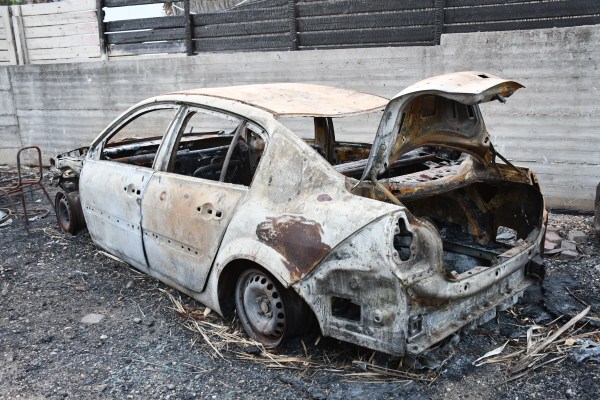

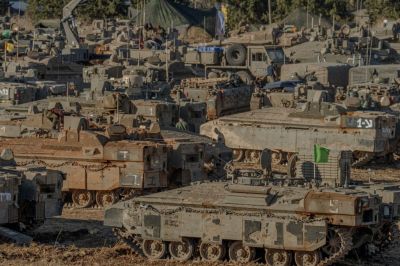
Please note that we at The Dispatch hold ourselves, our work, and our commenters to a higher standard than other places on the internet. We welcome comments that foster genuine debate or discussion—including comments critical of us or our work—but responses that include ad hominem attacks on fellow Dispatch members or are intended to stoke fear and anger may be moderated.
With your membership, you only have the ability to comment on The Morning Dispatch articles. Consider upgrading to join the conversation everywhere.